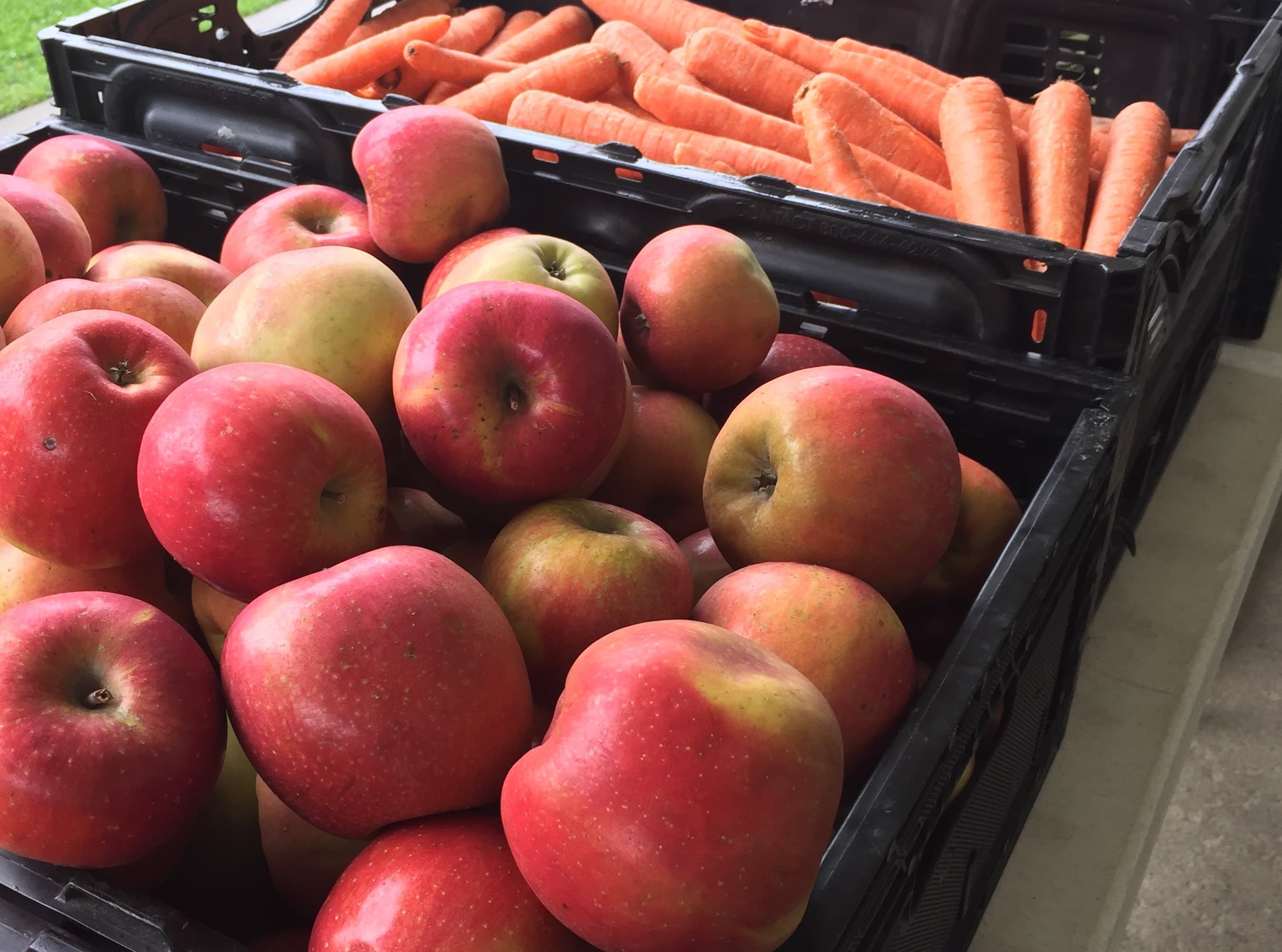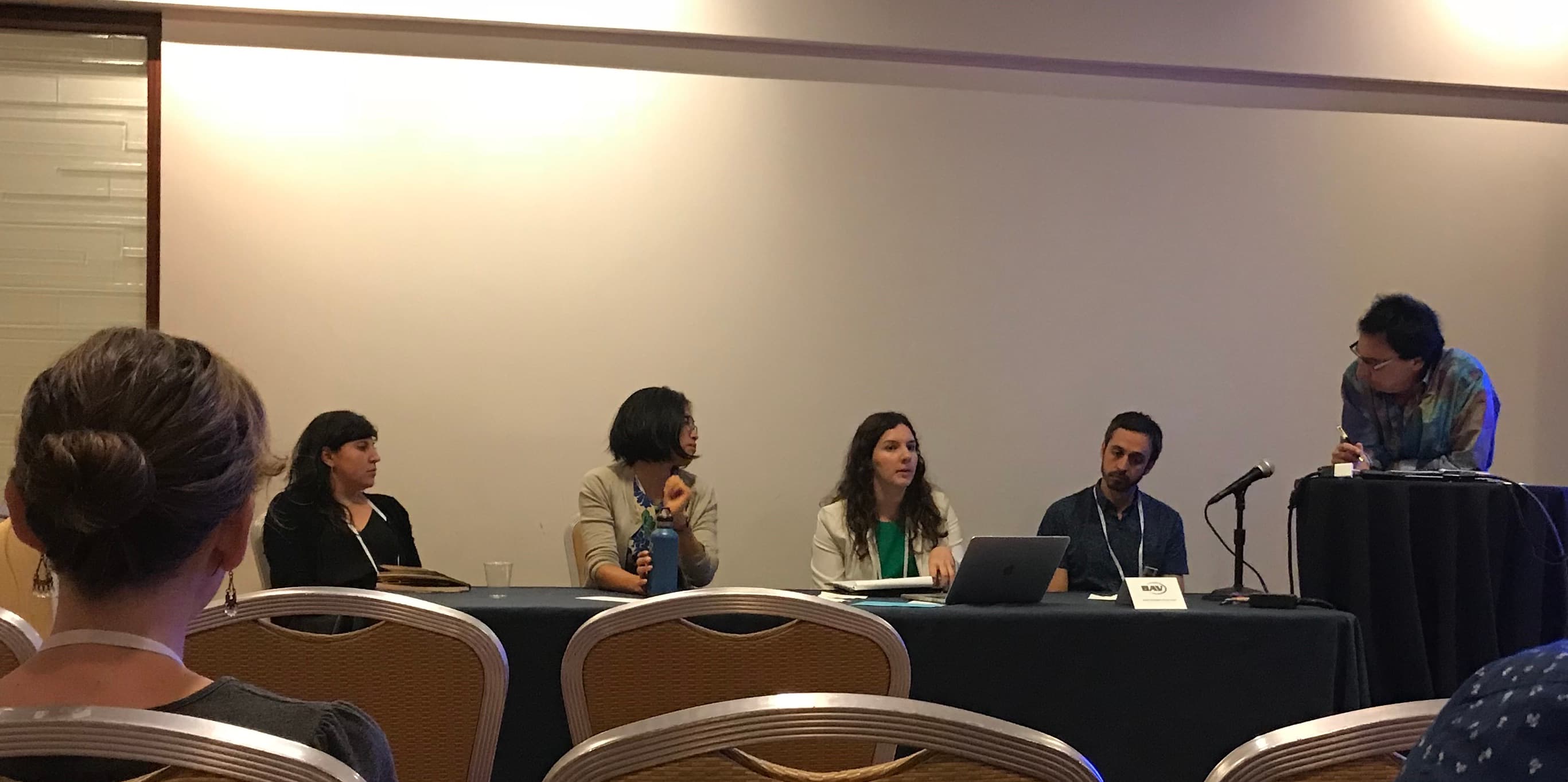Abstract
This working paper examines how race, gender, housing status, and disability status intersect with food insecurity to create barriers for low-income people accessing food assistance programs in a peri-urban California county. Understanding the way these identities intersect as people attempt to access food assistance is essential to understanding food inequities within a society that relies on a charitable food assistance system to meet the needs of food insecure people.
The paper is based on in-depth interviews (n=13) with homeless clients of a peri-urban, California food bank and nearly 100 hours of participant observation of the food bank’s programs. The semi-structured interviews cover topics including interviewees’ experience with food assistance programs and homelessness. Participant observation occurred at six food assistance programs within the county. Additional interviews will be with non-homeless food bank clients. Preliminary results suggest that gender, race, and housing status intersect with each other to affect the barriers faced by food bank clients.
Preliminary analysis suggests that gender and race intersected to affect clients’ food bank access by affecting how safe they perceive the food assistance programs to be and the treatment they receive when using the programs. Additionally, homeless clients face many barriers unique to their housing status. This study has important implications for how racial and gender inequalities can be perpetuated through organizations that are meant to reduce socioeconomic inequalities.

